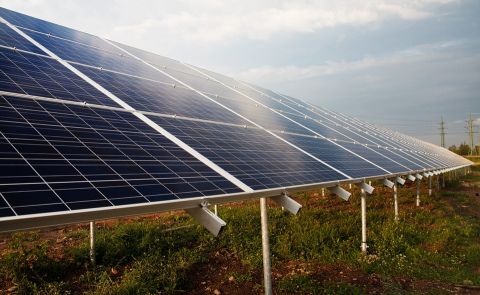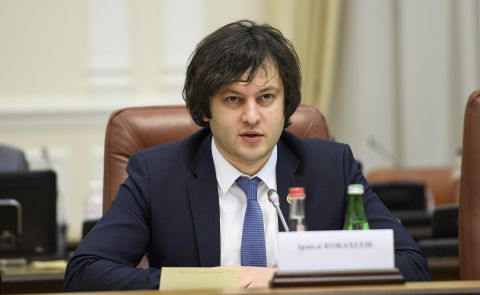
South Caucasus countries in the World Economic Forum Global Competitiveness Index
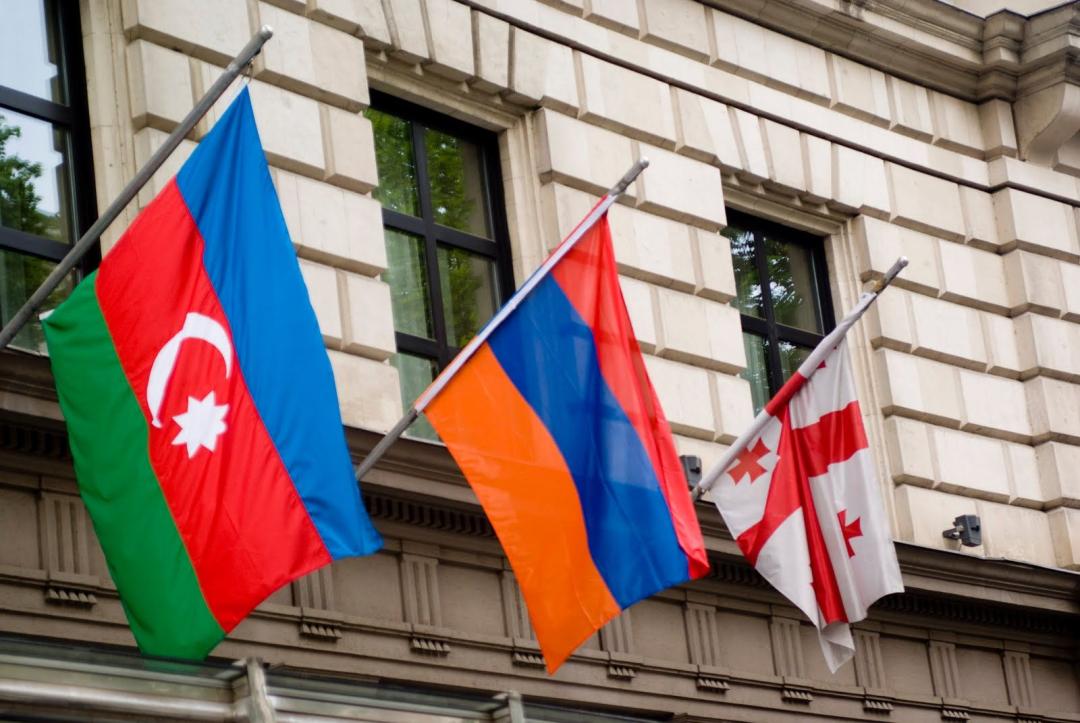
On 9 October, the World Economic Forum (WEF) published their Global Competitiveness Index for the year 2019, that provides an annual assessment of productivity drivers and long-term economic growth. Azerbaijan was ranked 58th (moving 11 paces up then in 2018), Armenia 69th (1 place up) and Georgia 74th (falling 8 places in comparison to 2018) amongst the 141 analysed countries.
In its 2019 Global Competitiveness Report, the WEF measured the strength of 103 key indicators. The indicators within 4 main areas with each having its own pillars. The main areas are: 1) enabling environment (pillars: institutions, infrastructure, ICT adoption and macroeconomic stability); 2) human capital (pillars: health and skills); 3) markets (product market, labour market, financial system and market size); and 4) innovation ecosystem (pillars: business dynamism and innovation capability).
Singapore topped the ranking, followed by the United States, Hong Kong, the Netherlands and Switzerland. Germany ranked 7th dropping down four places from the previous year. From the neighbouring countries, Russia ranked 43rd, Turkey 61st and Iran 99th. Chad, Yemen, Congo, Haiti and Mozambique were the worst ranked countries.
The report states that the world is at a social, environmental and economic tipping point. Subdued growth, rising inequalities and accelerating climate change provide the context for a backlash against capitalism, globalization, technology, and elites. There is gridlock in the international governance system and escalating trade and geopolitical tensions are fuelling uncertainty. This holds back investment and increases the risk of supply shocks: disruptions to global supply chains, sudden price spikes or interruptions in the availability of key resources. The persistent weaknesses in drivers of productivity growth are among the principal culprits of the growth slowdown. The financial crisis added to this deceleration through “productivity hysteresis”– the long-lasting delayed effects of investments being undermined by uncertainty, low demand and tighter credit conditions.
The report suggests that countries apply a holistic approach to the problem and to better balance short-term considerations against factors whose impact is felt beyond quarterly results and election cycles. Klaus Schwab, Founder and Executive Chairman of the World Economic Forum, said that the most successful are the countries which in their economic policy put a special emphasis on the development of infrastructures, labour qualification, scientific research and support for vulnerable citizens.
The World Economic Forum (WEF) is an international public-private cooperation organization founded in 1971 and headquartered in Geneva. The Forum seeks to demonstrate entrepreneurship in the global public interest while maintaining the highest governance standards. The three main themes of the WEF are to master the fourth industrial revolution, solve the problems of the global community and tackle global security issues. Activities include building awareness and collaboration, shaping mindsets and agendas, and promoting collective action.
See Also

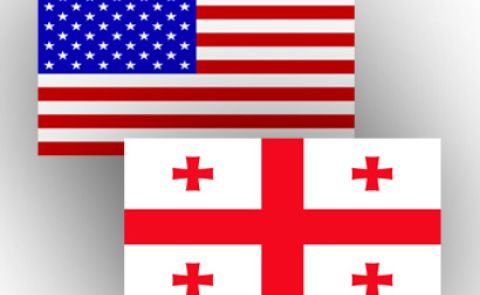
Kobakhidze Meets US Senator Daines to Discuss Bilateral Relations
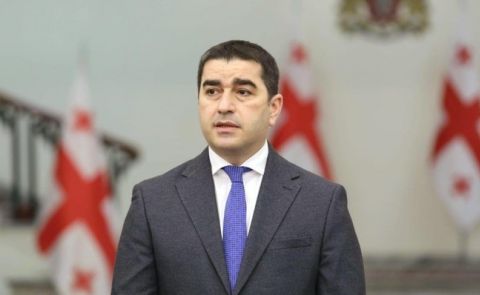
Georgian Speaker Condemns Embassy Travel Warnings as Economic Attack
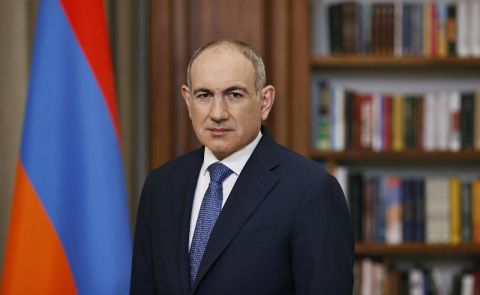
Political Crisis Deepens Between Armenian Government and Apostolic Church After Pashinyan’s Remarks
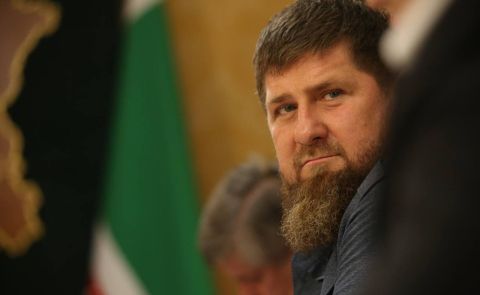
Ramzan Kadyrov Awards Title to Ingush Businessman
